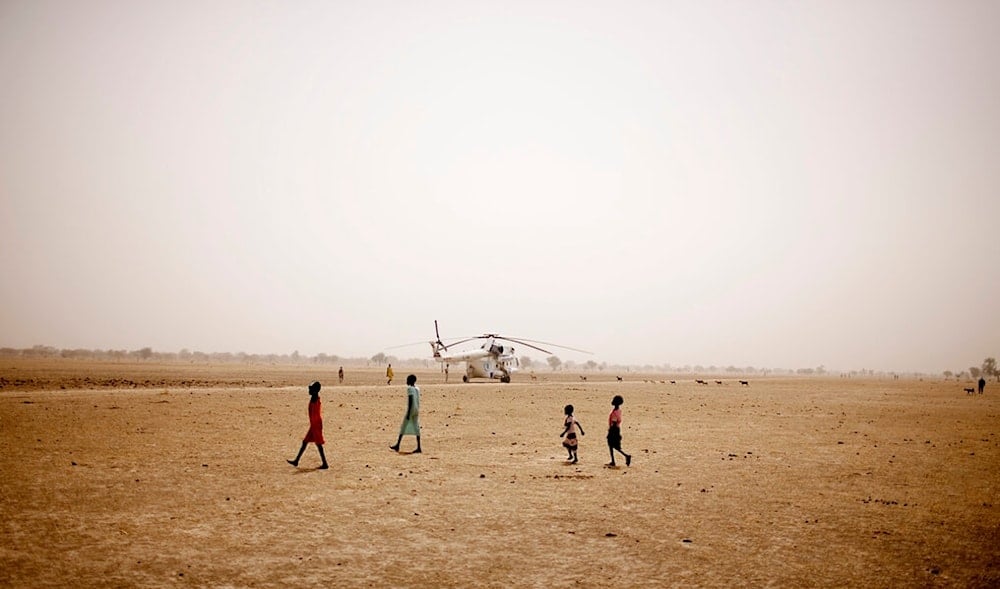South Sudan shuts down schools as students collapse due to heatwave
Students have been collapsing at school as the heatwave strikes South Sudan, in the absence of any cooling equipment to make the heat tolerable.
-

Young children walk across the vast and arid plains near Walgak, South Sudan on Thursday, February 2, 2012. (AP)
South Sudan announced on Thursday that all schools would be closed for two weeks due to an intense heatwave after Deputy Education Minister Martin Tako Moi stated that an average of 12 students had been collapsing daily in Juba.
This marks the second time the country—highly vulnerable to climate change impacts, including severe flooding during the rainy season—has shut down schools due to extreme heat in February and March.
Most schools in South Sudan are makeshift structures built with iron sheets and lack electricity, making it impossible to operate cooling systems.
On Thursday, Environment Minister Josephine Napwon Cosmos advised residents to stay indoors and stay hydrated, warning that temperatures could reach 42 degrees Celsius (107.6 degrees Fahrenheit). She also suggested that government employees work in shifts to minimize the risk of heatstroke.
Education workers have called on the government to revise the academic calendar, proposing that schools close in February and reopen in April when temperatures drop.
Abraham Kuol Nyuon, dean of the Graduate College at the University of Juba, emphasized the need for a localized school calendar tailored to the climate conditions in the country’s 10 states.
Meanwhile, the civil society group Integrity South Sudan criticized the government for its lack of planning, arguing that repeated school closures due to heatwaves reflect a “failure to prioritize children's education.”
South Sudan’s healthcare system remains fragile due to ongoing political instability. Between 2013 and 2018, nearly 400,000 people lost their lives before President Salva Kiir and his rival-turned-deputy, Riek Machar, signed a peace agreement.

 2 Min Read
2 Min Read










